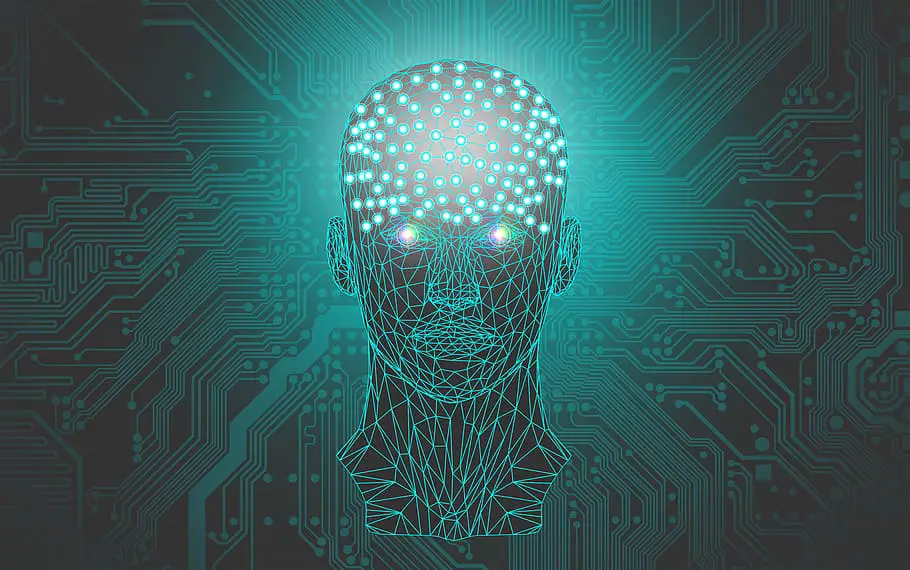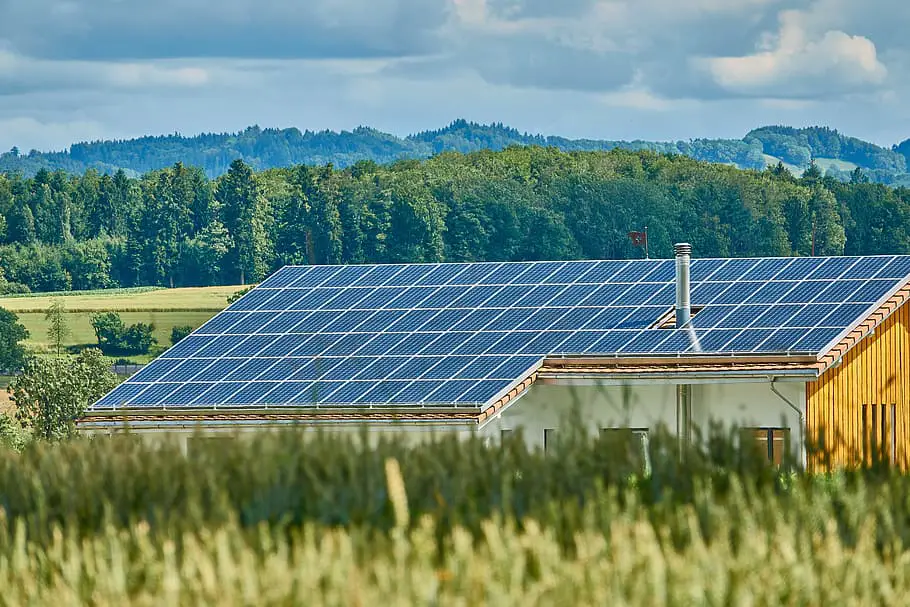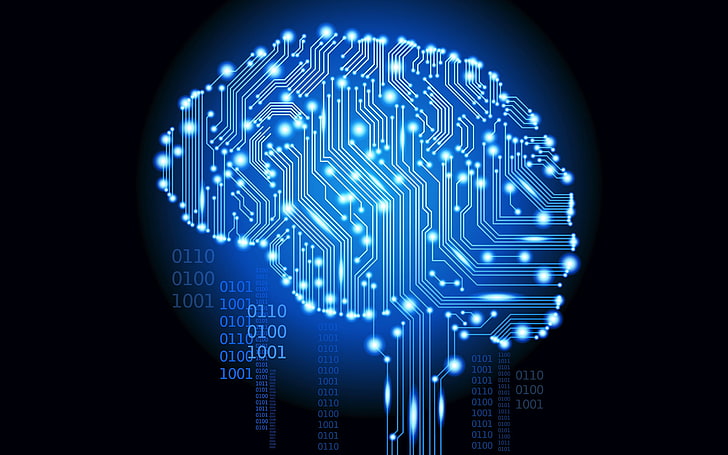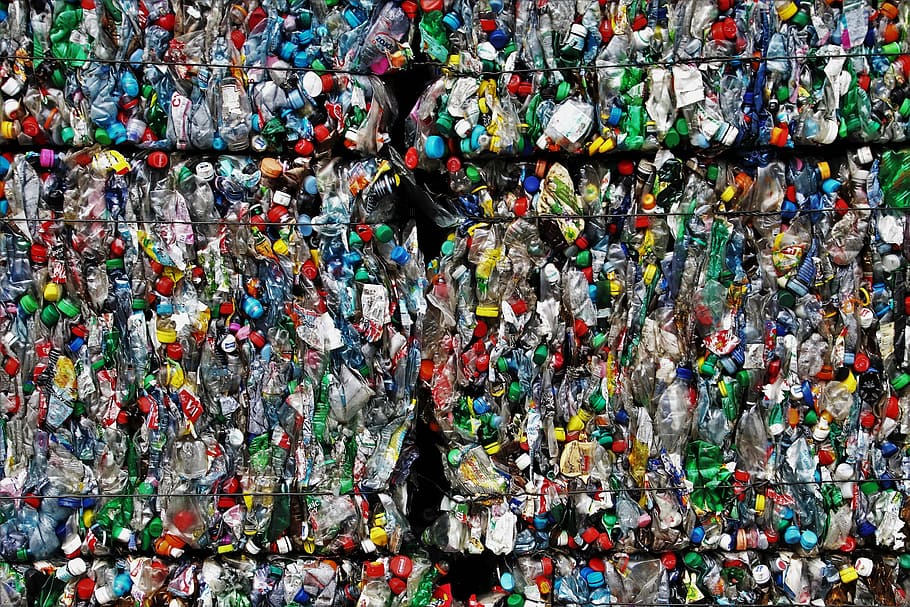
Discover how AI contributes to sustainable living, transforming our homes, transportation, and environment for a greener future. Dive in to learn more!
Ever wondered how the world of technology intertwines with the pursuit of a greener planet?
Well, it’s time to explore how AI contributes to sustainable living. From smart homes that conserve energy to innovative farming methods, AI is not just about robots and automation.
It’s about creating a sustainable future, making our lives easier, and most importantly, preserving our planet.
So, let’s dive into this fascinating journey of discovery together!
How AI Contributes to Sustainable Living
Welcome to a world where technology and sustainability go hand in hand!
In this post, we’re going to delve into the fascinating topic of how AI contributes to sustainable living.
We’ll explore how AI is revolutionizing energy efficiency, waste management, and transportation.
We’ll also look at its applications in our homes, agriculture, and water management.
Plus, we’ll share some inspiring case studies and discuss the challenges and opportunities that lie ahead.
So, if you’re curious about how AI is shaping a greener future, you’re in the right place. Let’s get started!
Brief Overview of AI and Sustainable Living
Artificial Intelligence, or AI as we often call it, is no longer a concept confined to science fiction or high-tech labs.
It’s here, and it’s transforming the way we live, work, and even sustain our planet.
When we talk about AI contributing to sustainable living, we’re referring to the use of smart algorithms and machine learning techniques to make our lives more eco-friendly.
This could be anything from a smart thermostat that learns your schedule and adjusts the heating to save energy, to complex systems that optimize crop watering in agriculture, reducing water usage.
It’s about harnessing the power of AI to make our lives not just more convenient, but also more sustainable.
Importance of AI in Promoting Sustainability
Now, you might be wondering, why is AI so important in promoting sustainability.
Well, the answer lies in the sheer potential of AI to make processes more efficient and less resource-intensive.
As we grapple with the challenges of climate change and environmental degradation, we need solutions that help us do more with less, and that’s where AI comes in.
AI can analyze vast amounts of data to find patterns and solutions that humans might miss.
It can help us optimize resource use, reduce waste, and even predict environmental changes.
In short, AI isn’t just a tool for sustainability; it’s a game-changer. And as we’ll see in this post, it’s already making a difference in numerous sectors.
So, let’s dive in and explore this exciting world of AI and sustainability!
The Role of AI in Environmental Sustainability
Let’s now turn our attention to the role of AI in environmental sustainability.
It’s a fascinating area where technology meets ecology, and the results are nothing short of transformative.
From optimizing energy use to managing waste more effectively, AI is playing a pivotal role in making our planet healthier and more sustainable.
So, are you ready to delve into the world where AI is the superhero fighting for environmental sustainability? Let’s get started!
AI in Energy Efficiency
Let’s start with how AI is making strides in energy efficiency. Imagine a world where our homes, offices, and factories optimize energy use without us having to lift a finger.
Sounds like a dream, right? Well, with AI, this is becoming a reality.
AI algorithms can learn our habits, predict our needs, and adjust energy use accordingly.
For instance, AI can manage heating and cooling systems to ensure they’re only working when needed, reducing energy waste. It can also optimize energy use in factories, identifying inefficiencies that humans might miss.
In a world where energy conservation is key to sustainability, AI is proving to be an invaluable tool. (Source: AI Time Journal)
B. AI in Waste Management
Next up, let’s talk about waste management. It’s a huge challenge for our planet, but guess what?
AI is stepping up to the plate here too. AI can help us sort and manage waste more effectively, reducing the amount that ends up in landfills.
For example, AI-powered robots can sort through waste, separating recyclables from non-recyclables more accurately than humans.
AI can also predict waste generation patterns, helping cities manage waste collection more efficiently.
It’s a whole new approach to waste management, and it’s making our waste systems more sustainable. (Source: Springer.Com)
AI in Sustainable Transportation
Finally, let’s hit the road and explore how AI is revolutionizing transportation.
From self-driving cars to smart traffic management systems, AI is at the forefront of making our transportation systems more sustainable.
AI can optimize routes for delivery trucks, reducing fuel consumption. It can manage traffic flows in real time, reducing congestion and emissions.
And let’s not forget about electric self-driving cars, which promise to make personal transportation more sustainable.
With AI, the future of transportation looks not just smarter, but also greener.
AI Applications in Sustainable Living
Moving on, let’s delve into the practical side of things and explore how AI applications are making sustainable living a reality.
From our homes to our farms, AI is not just making life easier, but also greener.
It’s fascinating to see how this advanced technology is being used in everyday scenarios to conserve resources and promote sustainability.
So, if you’re excited to learn about how AI is transforming your home into a smart home or making agriculture more eco-friendly, you’re in for a treat. Let’s dive in!
AI in Smart Homes for Energy Conservation
Let’s kick things off with how AI is making our homes smarter and more energy-efficient. Imagine your home knowing when you’ll be back and adjusting the heating or cooling so it’s just right when you walk in. Or your lights automatically turning off when you leave a room. Sounds convenient, right? But it’s not just about convenience. By optimizing energy use, these AI-powered systems are reducing our carbon footprint. It’s a win-win situation – we get to enjoy the comfort of a smart home, and the planet gets a break from unnecessary energy consumption. (source: Earth.org)
AI in Sustainable Agriculture
Next, let’s take a trip to the farm and see how AI is revolutionizing agriculture. Farming is a complex business, with many variables like weather, soil conditions, and crop diseases. AI can analyze these variables, predict their impacts, and help farmers make better decisions. For instance, AI can predict the optimal time to plant or harvest, reducing waste and improving yields. It can also help manage water and fertilizer use, ensuring crops get what they need without harming the environment. It’s a new era of farming, one that’s more sustainable and efficient, thanks to AI. (source: IBM Research)
AI in Water Management
Finally, let’s dive into how AI is transforming water management. Water is a precious resource, and managing it effectively is crucial for sustainability.
AI can help us do this in several ways. For instance, AI can predict water demand based on weather patterns, population growth, and other factors, helping authorities manage supply more effectively.
It can also detect leaks in water infrastructure, preventing wastage.
And in agriculture, AI can optimize irrigation, ensuring crops get the water they need without wasting a drop.
It’s clear that when it comes to water management, AI is making a splash!
Case Studies of AI Contributing to Sustainability
Alright, we’ve talked about the theory and the potential, but what about the real-world impact of AI on sustainability?
Well, that’s exactly what we’re going to explore next. We’ve got some exciting case studies lined up for you that showcase how AI is contributing to sustainability in tangible, impactful ways.
From energy to waste management, these stories will bring to life the transformative power of AI.
So, if you’re ready to see AI in action, let’s dive into these inspiring case studies!
Case Study 1
Let’s start with a case study where Google cut energy use in its data center by 15%. Here, we see how a huge tech company used AI to optimize energy use in their data centers.
By using machine learning algorithms, they were able to predict the energy needs of their servers and adjust cooling systems accordingly. The result?
A significant reduction in energy use, without compromising on performance.
This case study shows how AI can make even the most energy-intensive industries more sustainable.
Case Study 2
Next, let’s look at a case where AI was used to manage waste in a city.
The city deployed AI-powered robots to sort through waste, separating recyclables from non-recyclables.
Not only did this increase the amount of waste that could be recycled, but it also reduced the burden on landfills.
Plus, the AI system was able to predict waste generation patterns, helping the city manage waste collection more efficiently.
It’s a great example of how AI can transform waste management and make our cities more sustainable.
Case Study 3
Finally, let’s turn to a case study from PWC UK that showcases the role of AI in sustainable transportation.
A logistics company used AI to optimize routes for their delivery trucks.
The AI system analyzed traffic patterns, road conditions, and other factors to find the most efficient routes.
This not only reduced delivery times but also cut down on fuel consumption.
It’s a powerful demonstration of how AI can make transportation more sustainable, one delivery at a time.
Challenges and Opportunities in AI for Sustainable Living
As we journey further into the world of AI and sustainability, it’s important to acknowledge that it’s not all smooth sailing.
Like any transformative technology, AI comes with its own set of challenges.
But don’t worry, it’s not all doom and gloom. With these challenges come incredible opportunities to innovate and make our world more sustainable.
So, are you ready to explore the hurdles and possibilities that lie ahead in the realm of AI for sustainable living? Let’s dive in and uncover these together!
Ethical Considerations in AI for Sustainability (source: IBM Research)
First, let’s discuss the ethical considerations of using AI for sustainability.
As with any technology, AI comes with its own set of ethical questions.
For instance, who is responsible if an AI system makes a decision that leads to environmental harm?
How do we ensure that AI systems are transparent and accountable?
And how do we prevent the misuse of AI in ways that could harm the environment?
These are complex questions that require careful thought and regulation.
But by addressing these ethical considerations, we can ensure that AI is used responsibly and effectively for sustainability.
Future Trends in AI for Sustainable Living
Now, let’s look to the future and explore the emerging trends in AI for sustainable living.
One exciting trend is the use of AI in renewable energy. AI can optimize the generation and distribution of renewable energy, making it more efficient and accessible.
Another trend is the use of AI in climate modeling, helping us predict and mitigate the impacts of climate change.
And let’s not forget about the potential of AI in circular economies, where waste is minimized and resources are continuously reused.
These trends show that the future of AI in sustainable living is not just promising, but also exciting.
So, stay tuned, because the AI revolution in sustainability is just getting started!
How AI Contributes to Sustainable Living FAQs
Before we wrap up, let’s tackle some frequently asked questions about AI and sustainable living.
These are questions that often come up in discussions about this topic, and we thought it would be helpful to address them here.
So, if you’ve been wondering about the specifics of how AI contributes to sustainability, you’re in for a treat.
Let’s dive into these FAQs!
Q: How does AI contribute to sustainability?
A: AI contributes to sustainability in numerous ways. It can optimize energy use in homes and industries, manage waste more effectively, and make transportation more efficient.
AI can also help in predicting environmental changes, managing water resources, and making agriculture more sustainable.
Essentially, AI can analyze vast amounts of data to find patterns and solutions that humans might miss, making processes more efficient and less resource-intensive.
Q: What is an example of AI for sustainable development?
A: One example of AI for sustainable development is its application in agriculture.
AI can analyze variables like weather, soil conditions, and crop diseases to help farmers make better decisions.
It can predict the optimal time to plant or harvest, manage water and fertilizer use, and even optimize irrigation.
This not only improves yields but also makes farming more sustainable.
Q: What is the positive impact of AI in achieving sustainable development goals?
A: AI can play a significant role in achieving several Sustainable Development Goals (SDGs).
For instance, AI can contribute to SDG 7 (Affordable and Clean Energy) by optimizing energy use and making renewable energy more efficient.
It can contribute to SDG 12 (Responsible Consumption and Production) by improving waste management.
And it can contribute to SDG 13 (Climate Action) by helping us predict and mitigate the impacts of climate change.
Q: What are three AI possibilities to address sustainable environmental concerns?
A: AI holds immense potential in addressing sustainable environmental concerns. Here are three possibilities:
• AI in Climate Modeling: AI can help us predict the impacts of climate change more accurately, enabling us to take proactive measures.
• AI in Renewable Energy: AI can optimize the generation and distribution of renewable energy, making it more efficient and reducing our reliance on fossil fuels.
• AI in Conservation: AI can help us monitor wildlife and ecosystems, detect changes, and take action to conserve biodiversity.
How AI Contributes to Sustainable Living Conclusion
As we come to the end of our exploration of how AI contributes to sustainable living, it’s time to reflect on what we’ve learned and look ahead to the future.
We’ve seen how AI is transforming everything from our homes to our farms, making our lives more sustainable.
But this is just the beginning. With new advancements in AI, the possibilities for sustainable living are expanding every day.
So, let’s wrap things up and look forward to a greener, more sustainable future with AI!
Recap of the Importance and Role of AI in Sustainable Living
As we journeyed through this post, we’ve seen the transformative role of AI in promoting sustainable living.
From making our homes and transportation more energy-efficient to revolutionizing waste management and agriculture, AI is proving to be a game-changer.
It’s not just about making processes more efficient. It’s about rethinking how we use resources and reducing our impact on the planet.
The importance of AI in this endeavor cannot be overstated. It’s a tool that can help us address some of the most pressing environmental challenges of our time, making our lives more sustainable.
Encouragement for Further Research and Implementation of AI in Sustainability
As we conclude, I’d like to encourage all of us to continue exploring and implementing AI in sustainability.
Whether you’re a tech enthusiast, a sustainability advocate, or just a curious reader, there’s so much more to learn and do.
Let’s keep up with the latest research, support companies that are using AI for sustainability, and consider how we can use AI in our own lives to make them more sustainable.
Remember, every little bit counts, and with AI, we have the power to make a big difference. Here’s to a more sustainable future with AI!






